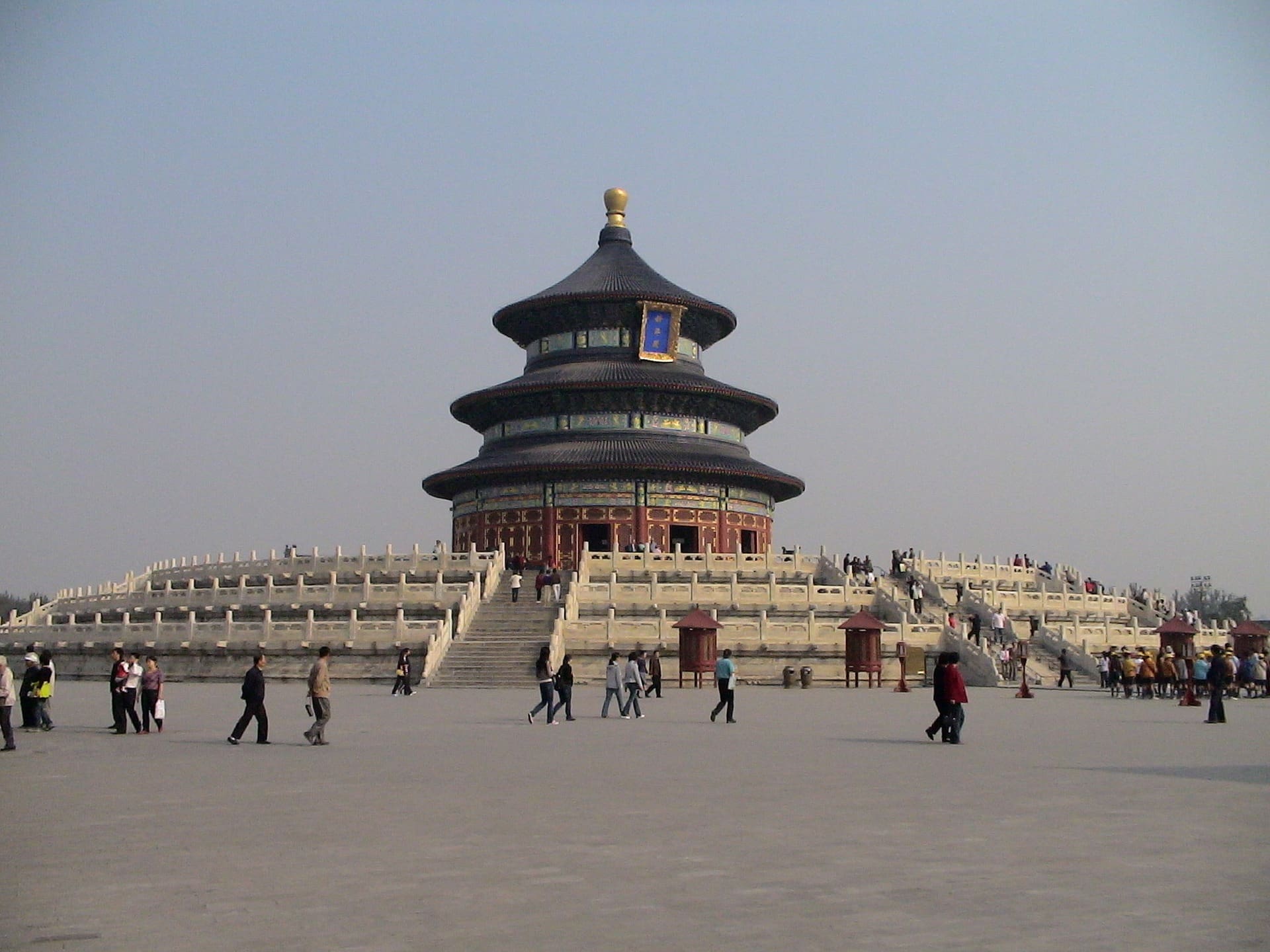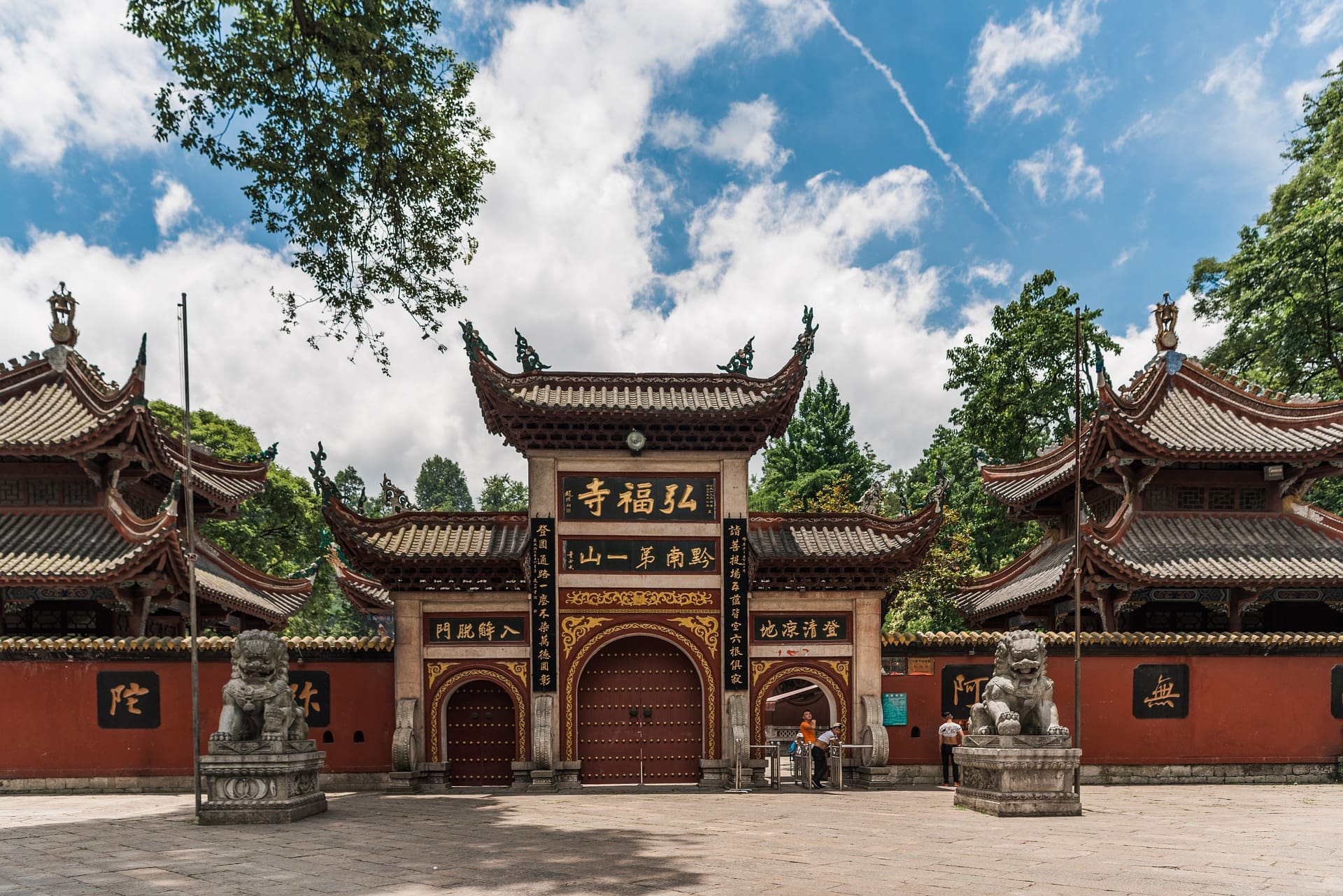China
vast, ancient, diverse, powerful, influential
About China
Culture and Religion
Where to go
How to get there
Visa Requirements
Travelling Budget
About China
China, officially known as the People’s Republic of China, is a country located in East Asia. Spanning a vast landmass, China is the most populous nation in the world, with over 1.4 billion people. It has a rich and ancient history that spans thousands of years.
China is renowned for its diverse landscapes. From the towering Himalayan mountains in the southwest to the sprawling grasslands of Inner Mongolia and the picturesque Yangtze River, the country boasts a breathtaking range of natural beauty. It is also home to iconic landmarks such as the Great Wall of China, the Terracotta Army, and the Forbidden City.
China is a global economic powerhouse, with a fast-growing economy and a significant influence on global trade and commerce. It is the world’s largest exporter and manufacturer, with a strong industrial base and a rapidly expanding middle class. Cities such as Beijing, Shanghai, and Guangzhou are vibrant economic centers, attracting both local and international businesses.
The Chinese culture is one of the oldest and most intricate in the world. It encompasses a wide range of traditions, including language, art, cuisine, and philosophy. Chinese cuisine, with its diverse flavors and regional specialties, is renowned across the globe.
China has also made significant advancements in science and technology. It is investing heavily in areas such as artificial intelligence, renewable energy, and space exploration. The country has a rapidly expanding high-speed rail network and is leading the world in developing 5G technology.
However, China also faces certain challenges, including environmental issues, income inequality, and political controversies. The Chinese government has implemented policies to address these challenges and is working towards sustainable development and social progress.
In summary, China is a country of immense size, history, and diversity. Its economic progress, cultural heritage, and technological advancements make it a fascinating nation with a significant global impact.
Culture and Religion
China is a country with a rich and diverse culture that has been shaped by its long history and various religious beliefs. The traditional culture of China is deeply rooted in Confucianism, which emphasizes teachings of respect for elders, loyalty, and harmony in relationships. This philosophy has had a significant influence on Chinese society and can still be seen in many aspects of daily life.
In addition to Confucianism, Buddhism, Taoism, and other indigenous religions also play a significant role in Chinese culture. Buddhism, which originated in India, has been practiced in China for over 2,000 years and has become one of the country’s major religions. Taoism, on the other hand, is indigenous to China and focuses on living in harmony with the Tao, or the way of nature.
Chinese religious practices often involve ancestral worship and a belief in various deities and spirits. Many Chinese people also practice a blending of different religious traditions, incorporating elements from Buddhism, Taoism, and local folk beliefs.
Traditional Chinese festivals, such as the Lunar New Year and Mid-Autumn Festival, are important cultural events that are marked by various customs and rituals. These festivals provide opportunities for families to gather, exchange gifts, and celebrate together.
Overall, Chinese culture is characterized by a strong emphasis on family, respect for authority, and the pursuit of harmony. Religion, particularly Confucianism, Buddhism, and Taoism, has played a fundamental role in shaping these cultural values and practices.
Where to go

The Great Wall of China
One of the most iconic landmarks in the world, the Great Wall spans over 13,000 miles and is an incredible sight to behold. Visiting sections like Badaling or Mutianyu allows you to walk along the ancient walls and appreciate the breathtaking views of the surrounding countryside.

The Forbidden City
Located in the heart of Beijing, the Forbidden City is a UNESCO World Heritage site and served as the imperial palace for Chinese emperors for nearly 500 years. This sprawling complex with its stunning architecture, grand halls, and beautiful gardens offers a glimpse into China’s imperial past.

Terracotta Army in Xi'an
Discovered in 1974, the Terracotta Army is a remarkable archaeological site that boasts an army of life-sized terracotta statues created to guard the tomb of Emperor Qin Shi Huang. This UNESCO World Heritage site offers a fascinating glimpse into ancient Chinese history and military might.

The Li River and Yangshuo
The picturesque Li River, with its stunning karst mountains and tranquil waters, is best experienced by taking a scenic cruise from Guilin to Yangshuo. The journey is like floating through a fairytale landscape. In Yangshuo, you can also rent a bike, explore the countryside, and immerse yourself in the charming rural scenery.
Note: These are just a few highlights, but there is so much more to discover in China. The country offers a rich tapestry of history, nature, culture, and cuisine that will surely leave a lasting impression on any traveler.
How to get there
There are several ways to get to China, depending on your location and preferences. Here are some common options:
1. Air travel: The most convenient and quickest way to get to China is by air. Many major airlines offer direct flights to major Chinese cities like Beijing, Shanghai, and Guangzhou. You can book your flight through various online travel agencies or directly through the airlines’ websites.
2. Train travel: If you are in a neighboring country like Russia or Vietnam, you can consider taking a train to China. The Trans-Siberian Railway connects Russia to China, while train services exist between Vietnam and China as well. This option allows you to enjoy scenic views and experience a unique mode of transportation.
3. Land travel: If you are in a country that shares a border with China, such as Mongolia, Laos, or Nepal, you can travel to China by land. There are border crossings open to tourists, and you can use buses, private cars, or hire a driver to cross the border.
4. Cruise: Some cruises, especially those exploring East Asia, include stops in Chinese cities like Hong Kong, Shanghai, or Beijing. This can be a great way to combine your visit to China with other destinations.
5. Visa requirements: Before you plan your trip, make sure to check the visa requirements for your nationality. Most tourists visiting China require a visa, which can be applied for at the Chinese embassy or consulate in your home country.
Once you have your travel plan and visa sorted, remember to book your accommodation and research the local customs and attractions, ensuring a smooth and enjoyable visit to China.
Visa Requirements
Visa requirements for visiting China vary depending on your nationality, the purpose of your visit, and the duration of your stay. Here are some general guidelines:
1. Tourist visa (L visa): This is the most common type of visa for tourists visiting China. It allows you to stay in China for up to 30 days. Some nationalities may be eligible for a longer duration of stay or multiple entries. You will need to provide a valid passport, a completed application form, a recent passport-sized photo, proof of travel arrangements (such as flight itinerary), and proof of accommodation in China.
2. Business visa (M visa): If you are visiting China for business purposes, you will need to apply for an M visa. This type of visa allows you to engage in business-related activities but not gain employment. The required documents are similar to tourist visas, but you will also need an invitation letter from a Chinese company or organization.
3. Work visa (Z visa): If you have secured employment in China, you will need to obtain a Z visa. You will need to provide a work permit or employment contract from the Chinese company or institution sponsoring your employment. Additional documents may include a medical examination report and an invitation letter from the employer.
4. Student visa (X visa): If you are planning to study in China, you will need to obtain an X visa. You will need to provide an admission letter from a Chinese educational institution and demonstrate proof of financial support for your studies.
It is essential to check the specific visa requirements for your country of residence as they may vary. It is recommended to apply for a visa well in advance of your intended travel dates, as the processing time can vary. It is also advisable to check for any updates or changes to visa requirements on the official website of the Chinese embassy or consulate in your home country.

![China 4x [shanghai]](https://travelhd.nu/wp-content/uploads/2023/08/China-4x-shanghai-scaled.jpg)
Travelling Budget
The cost of traveling to China can vary greatly depending on factors such as the duration of your stay, your travel style, accommodation choices, and the cities you plan to visit. Here is a general idea of the budget you can expect for a trip to China:
Accommodation: In major cities like Beijing and Shanghai, you can find a range of accommodation options to fit different budgets. Budget hotels and guesthouses can cost around $20-50 per night, while mid-range hotels can range from $50-100. Luxury hotels can be significantly more expensive.
Food: China offers a wide variety of food options, from street food stalls to upscale restaurants. If you eat at local noodle shops, street food stalls, or small local restaurants, you can expect to spend around $5-10 per meal. Eating at mid-range restaurants or trying local specialties may cost around $10-20 per meal. Fine dining or dining at international chain restaurants can be more expensive.
Transportation: Public transportation in China is relatively inexpensive. Metro or subway fares in major cities usually range from $0.30 to $1 per trip. Buses and taxis are also affordable. Intercity transportation, such as trains or domestic flights, will add to your expenses depending on the distance and class of travel.
Sightseeing and activities: The cost of visiting attractions and participating in activities can vary. Entry fees for popular tourist sites can range from $5-30. Guided tours or special experiences may cost extra, but they provide an enhanced experience.
Overall, a rough estimate for a budget traveler in China could be around $40-60 per day. For mid-range travelers, the budget may increase to $80-150 per day. Of course, these estimates are just guidelines, and your actual expenses may vary depending on your preferences and choices during your trip.
What makes your journey easier
Everything you need to know about what to bring to make your travels easier, more safe and fun
Be Mindfull
Gadgets
Gear
Insurance
Visa














![China 5x [guilin]](https://travelhd.nu/wp-content/uploads/2023/08/China-5x-guilin-scaled.jpg)

![China 3x [shanghai-new old]](https://travelhd.nu/wp-content/uploads/2023/08/China-3x-shanghai-new-old-scaled.jpg)








